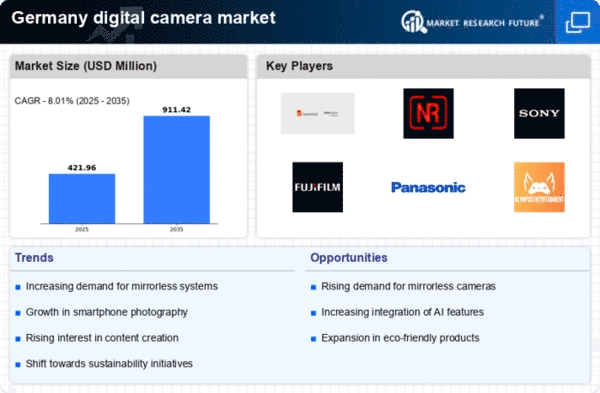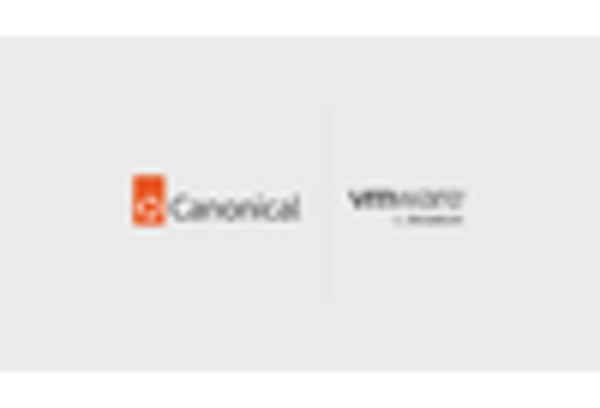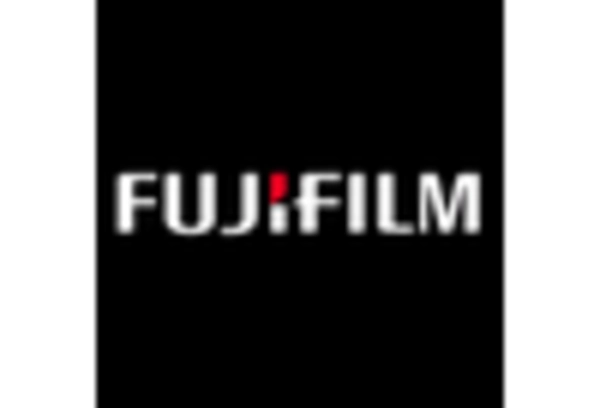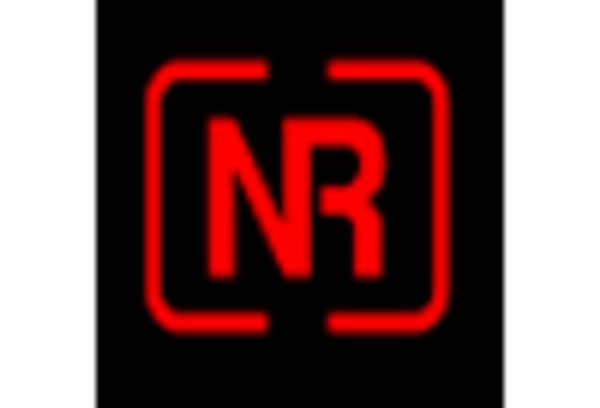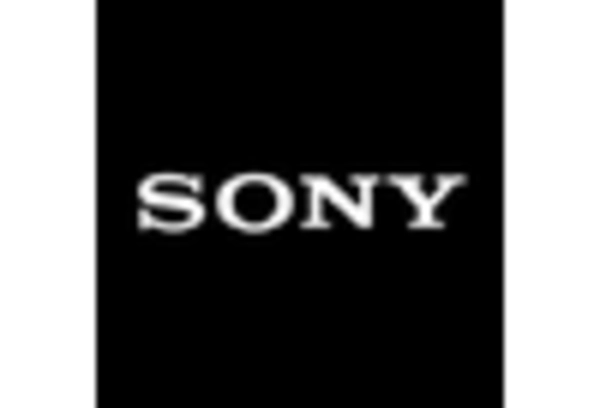Growing Demand for Content Creation
The digital camera market in Germany is significantly influenced by the growing demand for content creation across various platforms. With the rise of social media and video-sharing sites, individuals and businesses are investing in high-quality cameras to produce engaging content. In 2025, it is estimated that the market will see a growth rate of around 10% as influencers, vloggers, and content creators prioritize superior image quality. This trend suggests that the digital camera market is not only catering to traditional photography but also adapting to the evolving landscape of digital content, thereby expanding its consumer base.
Rising Popularity of Hybrid Cameras
The digital camera market in Germany is experiencing a rising popularity of hybrid cameras, which combine the features of both DSLRs and mirrorless systems. These versatile devices appeal to a broad range of users, from casual photographers to professionals seeking flexibility. The integration of advanced features such as interchangeable lenses and superior autofocus systems enhances their attractiveness. In 2025, the hybrid camera segment is projected to grow by approximately 9%, indicating a shift in consumer preferences towards multifunctional devices. This trend highlights the evolving landscape of the digital camera market, where adaptability and performance are increasingly prioritized.
Technological Advancements in Imaging
The digital camera market in Germany is experiencing a surge. This surge is due to rapid technological advancements in imaging capabilities. Innovations such as higher megapixel counts, improved low-light performance, and advanced autofocus systems are attracting both amateur and professional photographers. The introduction of features like 4K video recording and enhanced image stabilization has further elevated the appeal of digital cameras. In 2025, the market is projected to grow by approximately 8% as consumers increasingly seek high-quality imaging solutions. This trend indicates a shift towards more sophisticated devices, which could potentially reshape consumer preferences and purchasing behaviors within the digital camera market.
Shift Towards Compact and Portable Devices
The digital camera market in Germany is witnessing a shift towards compact and portable devices. This shift is driven by consumer preferences for convenience and mobility. As lifestyles become increasingly fast-paced, many consumers are opting for lightweight cameras that do not compromise on quality. This trend is reflected in the growing sales of compact cameras and mirrorless systems, which are designed for easy transport. In 2025, the market is expected to grow by about 6%, as manufacturers respond to this demand by developing innovative, portable solutions. This shift suggests a potential redefinition of what consumers expect from the digital camera market.
Increased Interest in Photography Education
The digital camera market in Germany is benefiting from an increased interest in photography education. As more individuals enroll in photography courses and workshops, there is a corresponding rise in the demand for quality cameras. Educational institutions are incorporating practical training with digital cameras, which encourages students to invest in their own equipment. This trend is likely to contribute to a market growth of approximately 7% in 2025, as aspiring photographers seek reliable tools to enhance their skills. The emphasis on education within the digital camera market indicates a long-term commitment to fostering a community of knowledgeable users.

